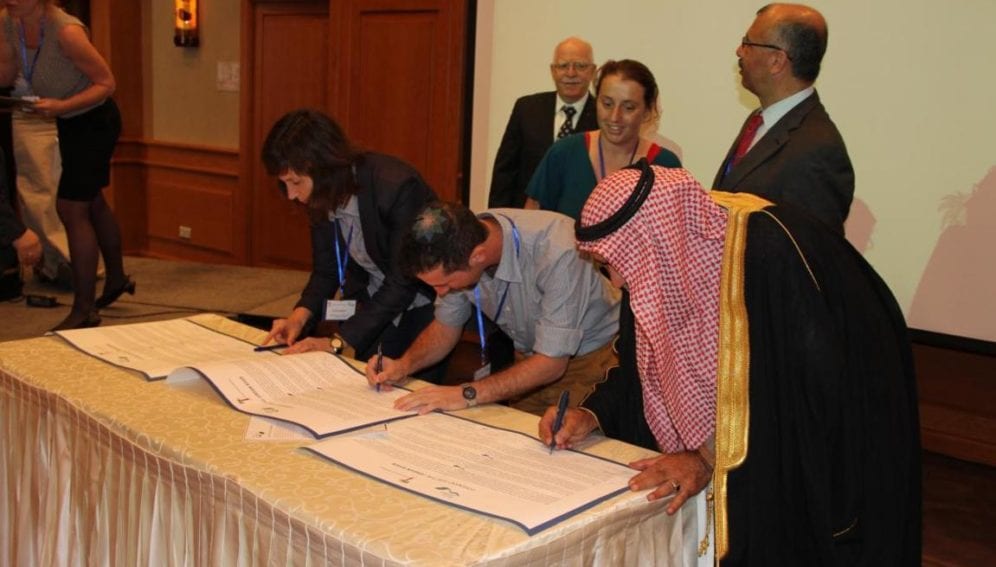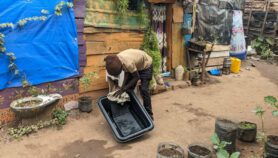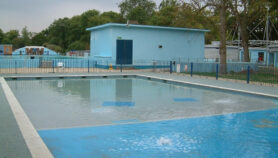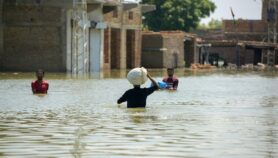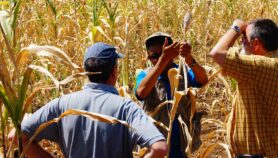By: Puneet Kollipara
Send to a friend
The details you provide on this page will not be used to send unsolicited email, and will not be sold to a 3rd party. See privacy policy.
Mayors in the United States and the Middle East have agreed to share information and technologies for managing water.
The deal is intended to help both sides access each other’s knowledge and experience in tackling problems relating to limited freshwater resources. The Sister Waters agreement was signed on 24 April in Chicago, United States.
Those backing the agreement hope it will enable mayors from Israel, Jordan and Palestine, along with those from the Great Lakes region in the United States, to address weaknesses in their water management. The partners plan to run workshops and site visits, and to swap experts.
“The partnership will go beyond technology exchange. Mayors who signed the pact will also work on business and educational capacity building and community exchanges.”
Gidon Bromberg, EcoPeace Middle East’s, Israeli
“The agreement will hopefully be the beginning of knowledge exchange and technology transfer,” says Rachel Havrelock, head of the Freshwater Lab project at the University of Illinois at Chicago, and organiser of the event where the deal was signed.
The US part of the deal involves mayors from the Great Lakes region, which comprises Illinois, Indiana, Michigan, Minnesota, New York, Ohio, Pennsylvania and Wisconsin. These states signed the Great Lakes Compact, which became law in 2008, to regulate access to freshwater from lakes Erie, Huron, Michigan, Ontario and Superior.
The Middle Eastern mayors at the conference aim to improve water sharing from the Jordan River, which flows past Israel, Jordan and Palestine. They signed a memorandum of understanding in 2013 to share access to the river, but Palestinians fear being excluded as water in the region becomes scarcer.
The Chicago agreement is meant to cover problems such as drought, pollution and algal blooms that affect waters across municipal or national boundaries, says Havrelock. Despite this, there are few national or international policy frameworks to address these problems, she adds.
As a result, local officials sometimes form alliances to manage the waters their jurisdictions share. Some of the Middle Eastern signatories of the new deal have been working together for more than a decade as part of the Good Water Neighbors initiative, a project managed by environmental NGO EcoPeace Middle East that aims to foster cooperation on water issues.
Havrelock suggests the Middle Eastern mayors could learn from the Great Lakes mayors about strategies and technologies to monitor and tackle pollution, restore polluted waters and treat wastewater. The Great Lakes mayors, meanwhile, might show an interest in technologies deployed in the Middle East to make better use of often scarce water. One such method is forward osmosis, an increasingly popular way to desalinate water.
But Gidon Bromberg, who runs EcoPeace Middle East’s Israeli office, which participated in the conference, says the partnership will go beyond technology exchange. Mayors who signed the pact will also work on “business and educational capacity building and community exchanges”, he says.
“While there is definitely room for technical exchange within this framework — between water engineers for example — exchanging knowledge about specific technologies is not a primary objective,” Bromberg tells SciDev.Net.
References
[1] Memorandum of understanding to create “Sister Waters“ Partnership between Great Lakes and St. Lawrence Cities Initiative and Ecopeace Middle East (Water After Borders summit, 24 April 2015)
[2] Great Lakes-St. Lawrence River Basin Water Resources Compact (Alliance for the Great Lakes, 13 December 2005)
http://www.greatlakes.org/Document.Doc?id=144


